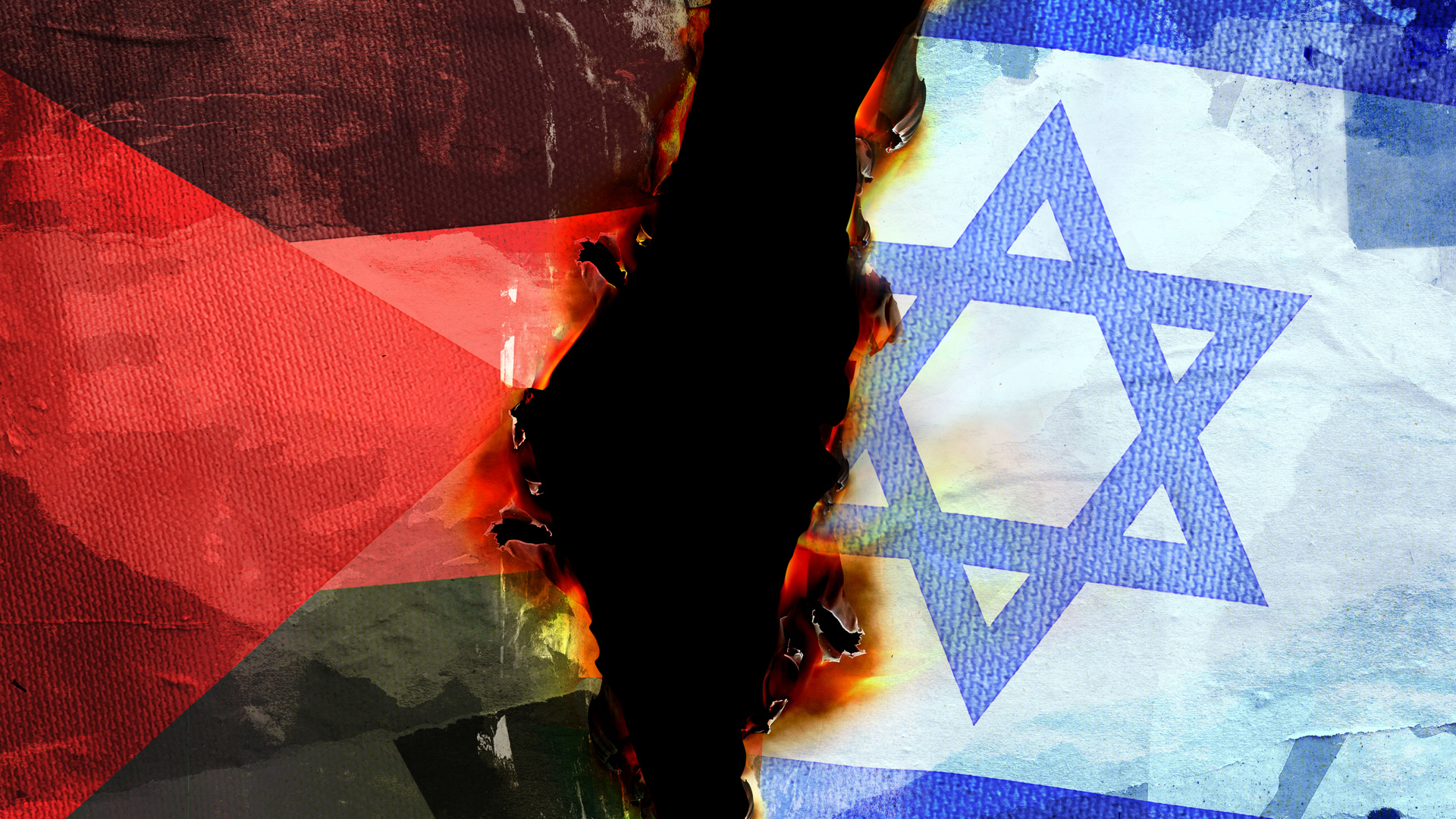No, your friends in Israel are not OK. Far from it. They are enduring profound pain during one of the most challenging times in their young nation’s history. Regardless of their political leanings, the Israeli people are united in their anguish. This distress resonates not only with Jews worldwide but also with all who oppose hatred and violence. This conflict transcends world politics. It’s a battle between pure, stark, unmistakable evil and the innocent.
The innocent will ultimately prevail, but in this past couple of weeks, they have been senselessly butchered. To date, more than 1,400 Israeli civilians, including women, children, babies, and the elderly, have been ruthlessly murdered. Nearly 200 have been abducted and taken to Gaza. Their immediate future is uncertain, and their current situation is heart-wrenching. For a moment, set aside what you believe or think you know about the Middle East and consider the plight of the families of those kidnapped. Imagine the overwhelming pain of knowing your loved ones are in the hands of a terror group capable of heinous acts such as rape, murder, and torture. And worse. Yes, even worse. Regrettably, these actions don’t even capture the full depth of depravity to which Hamas terrorists have descended.
People love to harp on about context when it comes to Israel. So, let’s delve into some context, shall we? The initial assault was directed at attendees of a music festival celebrating peace, where thousands from across the globe had gathered to dance, embrace, and rejoice. These beautiful souls – why do terrorists always target the most beautiful among us? – were singled out by forces of malevolence, reminiscent of those witnessed during the Nazi regime in the 1930s and ’40s. There’s your context. Once again, evil has manifested, and Jews find themselves squarely in its sights.
To shed some light on the daily vulnerability faced by those in southern Israel, picture this: Imagine residents of South Kensington in London deciding they wish to harm every individual in the posh area of Chelsea. Envision them barraging Chelsea with rockets and missiles incessantly over the years. And through it all, the inhabitants of Chelsea, despite the onslaught, cling to the hope of peaceful coexistence with their South Kensington neighbors.
But then, one Saturday at 6.30am, when everyone is still asleep, they discover that hundreds of militant terrorists have infiltrated their homes, taking innocent lives, including babies, and inflicting unimaginable suffering on their loved ones. Just take a moment to reflect on that situation. How would you react? Will you still believe in coexistence after witnessing death? Can you maintain faith in peace when faced with individuals who have raped your daughter? Can you continue to advocate for a peace process with those who swear they will not stop until your country and nation cease to exist?
- Israel-Gaza: ‘To help a traumatised child, he first needs the trauma to end.’
- 5 ways to help those suffering in the deadly Israel-Hamas war
Last Saturday in Israel, these beliefs were brutally shattered. Take, for instance, the kibbutz of Be’eri. This close-knit community was home to 1,108 people who once lived in harmony. In one harrowing instance, more than 10% of its population – more than 112 innocent lives – were mercilessly slaughtered within their own homes. Others were abducted and are now held hostage in Gaza by Hamas. Their houses set ablaze, turning memories and dreams into ash and rubble. How can they now cling to the hope for peace? How can they trust that their neighbours won’t seize yet another opportunity to inflict pain and death?









